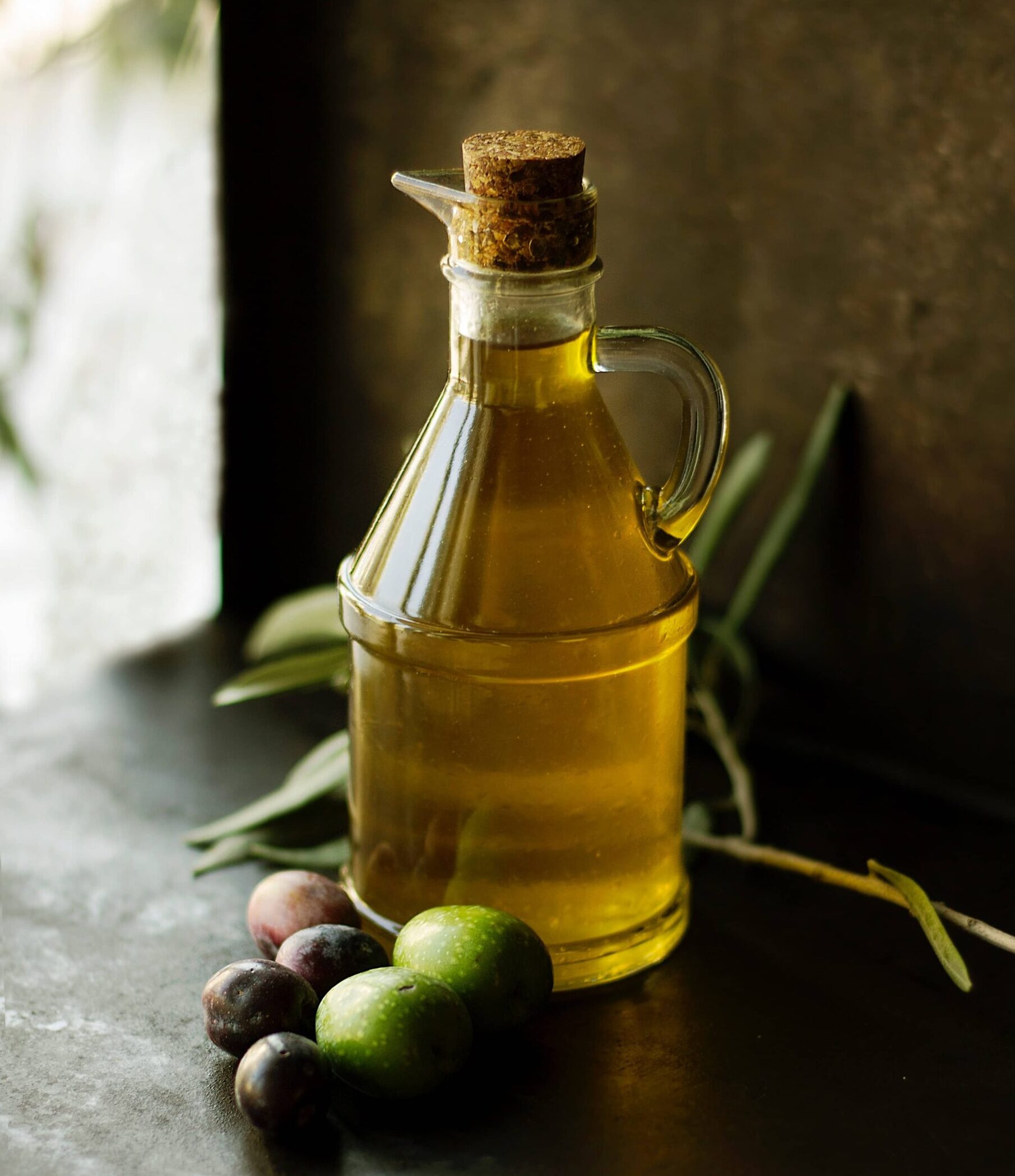
Healthy Oils to Use for Everyday Cooking
Healthy Oils to Use for Everyday Cooking
The best healthy oils to use for your everyday cooking. Oils are one of the most used and versatile ingredients in the kitchen. Whether used to beautifully sauté a portobello mushroom, moisten a light and airy cake, or dress a crisp salad, oils can bring life to any dish. While oils play a part in a variety of recipes, certain oils are better for some jobs than others. Due to their different levels of fatty acids, flavor profiles, and smoke points, each oil you use will affect your recipe differently.
Most people know that you wouldn’t want to make a delicious vinaigrette with canola oil just like you wouldn’t want to make brownies with strong olive oil—unless that’s your thing! So, I want to dive into how to use which oils as well as the best healthy oils to use for everyday cooking. It’s important to remember that not all oils are created equally and they all have different effects on our bodies.
Some oils can be healthier for you depending on the type of fat they’re made with, their vitamin content, how processed they are, their oxidation rate, as well as their smoke point. So, before we dive in, I’m going to break down the different types of fat because it can get a little confusing.
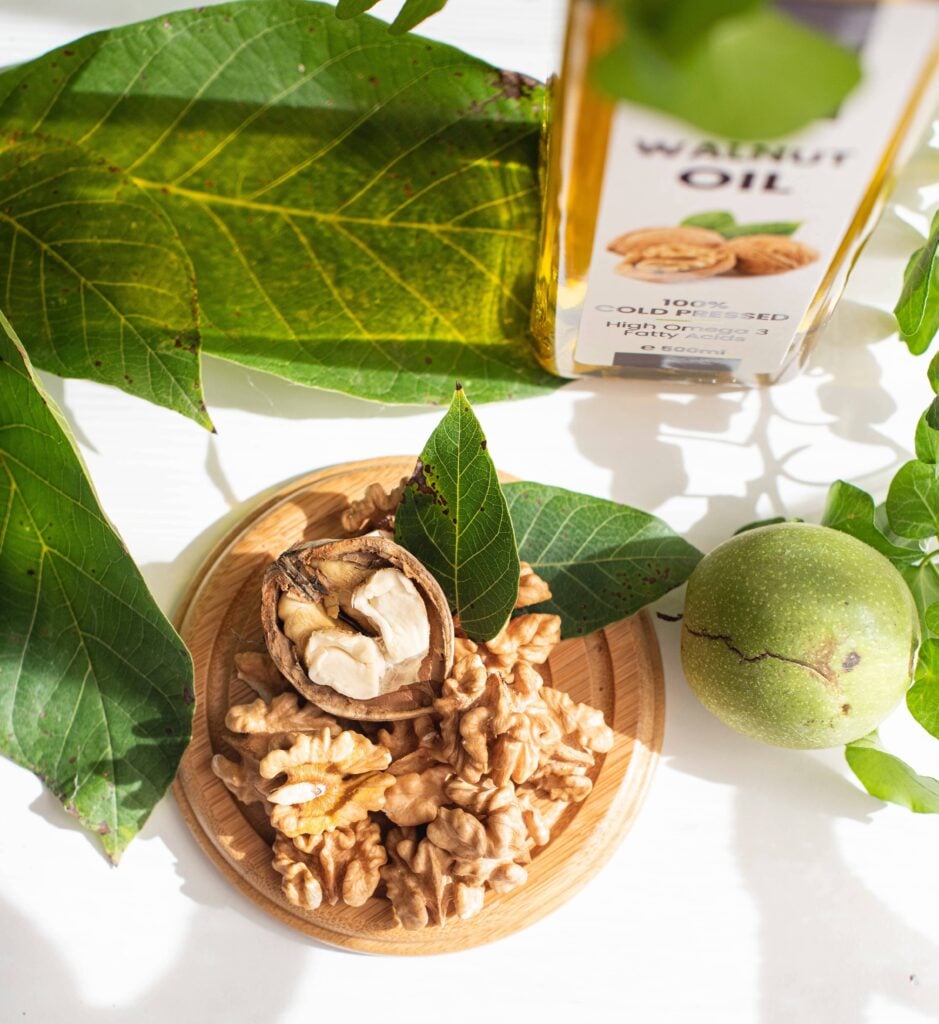
Good Fats vs. Bad Fats
Fat tends to get a bad rep in diet culture. Since fat is higher in calories people tend to avoid it, but our bodies need some fat to survive. Fat helps the body absorb vitamin A, vitamin D and vitamin E. Healthy fats can also support heart health, reduce blood sugar, and in high levels can even help certain brain conditions like epilepsy, Alzheimer’s, and Parkinson’s disease. That being said, too much fat, especially unhealthy fats, can do more bad than good.
Saturated Fat
There are three types of fat: saturated fat, unsaturated fat, and trans fat. Saturated fats and trans fats are considered unhealthy fats, while unsaturated fat is considered healthy. Saturated fat is mostly found in animal products like beef and cheese. It can be found in healthier foods like chicken and nuts, but usually in smaller amounts. High amounts of saturated fats have been linked to increased blood cholesterol levels and an increased likelihood of heart disease.
According to Harvard, most Americans get their saturated fat from foods like:
- Pizza and cheese
- Whole and reduced-fat milk, butter, and dairy desserts
- Meat products (sausage, bacon, beef, hamburgers)
- Cookies and other grain-based desserts
- A variety of mixed fast food dishes
Unsaturated Fat
There are two different types of unsaturated fat: monounsaturated fat and polyunsaturated fats. Monounsaturated fats can actually improve your blood cholesterol level and decrease your risk for cardiovascular disease, Polyunsaturated fat is considered an “essential fat” because your body needs them, but cannot produce them on its own. And just like monounsaturated fats can lower your cholesterol, which decreases your risk for heart disease.
You can find monounsaturated fats in foods like:
- Olive, peanut, and canola oils
- Avocados
- Nuts such as almonds, hazelnuts, and pecans
- Seeds such as pumpkin and sesame seeds
Polyunsaturated fats are also broken down into two different types: Omega-3s and Omega-6s. Omega-3s and Omega-6s are both really important for our health, but they should be consumed at a 1:1 ratio. Unfortunately, with our modern lifestyle it is estimated that we consume up to 20x more Omega-6s than Omega 3s. Some scientists think that too much omega-6 relative to omega-3 may contribute to chronic inflammation.
Omega-3s can be found in foods like:
- soybeans
- flaxseeds and flaxseed oil
- tofu
- canola oil
- fatty fish like salmon, mackerel, anchovies, sardines, arctic char and trout
- eggs (including omega-3 enriched)
- walnuts
- fortified foods like some margarines, juices and yogurts
Omega-6s can be found in foods like:
- nuts and seeds
- meat, poultry, fish and eggs
- soybeans
- corn
- safflower and sunflower oils
Just because most Americans consume more Omega-6s than Omega-3s it doesn’t mean you need to cut out Omega-6s from your diet because they are still healthy fats. It just means you need to be mindful about enjoying both fats in equal quantities.
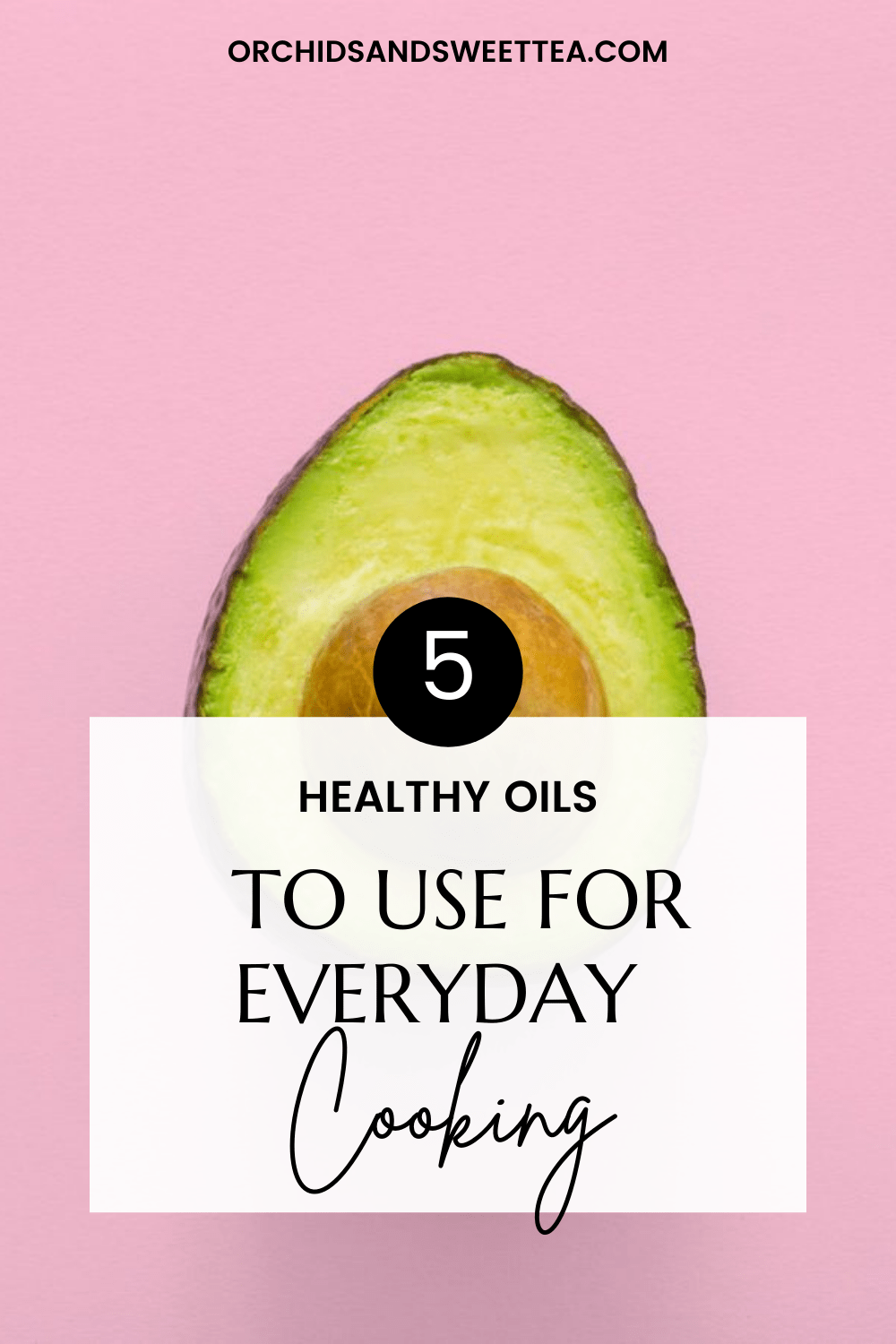
Trans Fat
We’ve finally made it to the last type of fat and arguably the worst type of fat for you. Trans fats are created when liquid vegetable oils are heated in the presence of hydrogen gas and a catalyst. This process is called hydrogenation. Hydrogenating oils turns them into a solid and makes them more stable and less likely to become rancid. Partially hydrogenated oils can also withstand repeated heating without breaking down, which is why they’re often used to fry food and make processed baked goods.
While all of these things are good for our processed food industry, they are terrible for our bodies. Trans fats are the worst type of fat for our bodies because they affect our hearts, blood vessels, and more. They raise bad cholesterol and lower good cholesterol, create inflammation, contribute to insulin resistance, and increase your likelihood to develop heart disease. So trans fats are definitely something you want to avoid.
Now that you have a good handle on the different types of fats, it’s time to talk about which cooking oils are the healthiest and why.
Healthy Oils to Use for Everyday Cooking
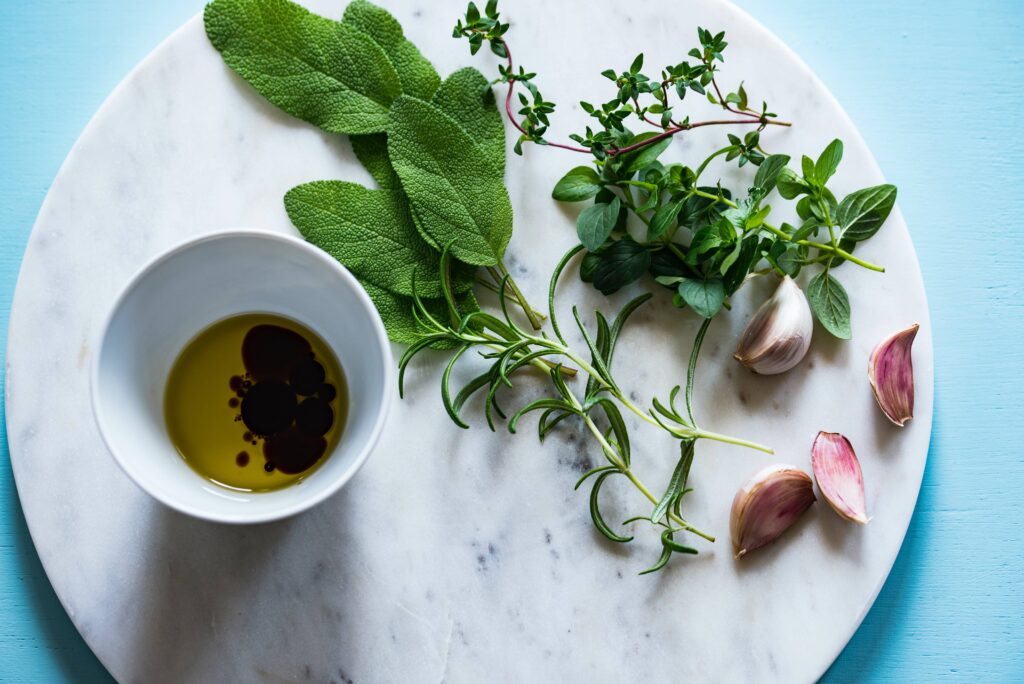
Olive Oil
Enjoyed around the world and by some of the world’s longest living people, olive oil begins our list of healthy oils to use for everyday cooking. Experts agree that olive oil is one of the most versatile and healthiest cooking oils, but only if it’s extra virgin. “Extra virgin” means that the olive oil isn’t processed or refined, which means it is high quality.
Many nutritionists consider olive oil to be one of the healthiest oils because of its high monounsaturated fat content. It also contains decent levels of polyunsaturated fatty acids. It also contains large amounts of antioxidants, anti-inflammatory properties, and a higher smoke point at 374–405°F. Finally, olive oil has a low oxidation rate, which means it doesn’t go rancid as quickly and doesn’t produce free radicals as quickly.
Olive oil can be used to add a complex flavor to baked goods like this Orange Olive Oil Mini Bundt Cake, in marinades, dressings, and sauces like the creamy cashew sauce in my Savory Chickpea Quinoa Buddha Bowls, and to sauté.
Canola Oil
Defining canola oil as a healthy oil might be a surprise for some people. Often sold in big plastic jugs like other more processed vegetable oils, it doesn’t look any more healthy than the others. Well, canola oil actually comes from rapeseed and has a good amount of monounsaturated fats as well as polyunsaturated fats, which we know is good for us.
The most surprising thing? Of all the vegetable oils, canola oil has one of the lowest levels of saturated fats, which when consumed in excess can increase blood cholesterol levels. Additionally, canola oil has a really high smoke point (400°F), which means it won’t start burning until then. Burning oil can not only lead to an acrid, burnt flavor, but it also releases dangerous free radicals and degrades phytochemicals and beneficial nutrients within the oil and the food.
But there is a caveat to canola oil. Canola oil tends to be highly processed in the United States. Oil producers typically extract the oil using a chemical solvent and process it with high heat. According to a Harvard professor, the high heat can affect the stability of the oil’s molecules, turn it rancid, destroy the omega-3s in it, and even create trans fats. So, it’s suggested to buy canola oil that is either cold-pressed, unrefined, or virgin. It can be a little more difficult to find, but it is available online!
Because of its lack of flavor canola oil can be used in baked goods, deep-frying, and sautéeing.
Avocado Oil
Avocado oil is a wonderful choice for a healthy cooking oil. It’s unrefined and extra-virgin, like olive oil, which means it's one of our less processed oils. Avocado oil also has one of the highest smoke points at 520°F, which means it can be used in all sorts of recipes. Another great thing about avocado oil is that it contains both monounsaturated and polyunsaturated fatty acids, as well as vitamin E.
The only downside to avocado oil is that it is pretty expensive and it tends to oxidize pretty quickly. One study found that 15 out of 22 types of avocado oils were rancid before their expiration date, which reduces a lot of their health benefits so it’s important to find a brand you can trust. The only two brands that were completely pure and non-oxidized were Chosen Foods and Marianne’s Avocado Oil.
Walnut Oil
Walnut oil is low in saturated fats and high in polyunsaturated fats. It also has a great balance of Omega-3s and Omega-6s, which means it is a wonderful option for keeping inflammation in check. Walnut oil has also been seen to improve skin health, improve blood sugar control, and lower blood pressure.
The one downside to walnut oil is that it has a low smoke point at just 320°F. So, you should consider using it in dressings or even drizzling it on top of a fresh stack of pancakes instead of using butter. I think it would taste divine with these Healthy Vegan Banana Bread Pancakes. (You might even add some walnuts and chocolate chips for an extra special treat!) Walnut oil does oxidate pretty quickly so it’s a good idea to keep it in the refrigerator. It will get cloudy, but it will return to normal when left at room temperature for a few minutes.
Flaxseed Oil
Flaxseed oil is one of the highest vegan sources of Omega-3s. Besides that, it has also been associated with heart health, skin health, and reduced inflammation. Some people even take flaxseed oil as a supplement by enjoying a spoonful every morning. Flaxseed oil has a slightly mild, nutty flavor so it can be used in both sweet and salty recipes.
Like most oils with high polyunsaturated fat content, flaxseed oil is more susceptible to oxidation. This means like walnut oil, flaxseed oil should be refrigerated. Also, flaxseed oil has a smoke point of just 225°F, which means it should be reserved for dressings or added into a warm dish at the end for some complex flavor.
Overview of Healthy Oils to Use for Everyday Cooking
As you’ve learned there is a lot that goes into deciding whether a cooking oil is healthy or not. Luckily sticking to this list or doing some research of your own will help keep you healthy and your food tasting delicious.


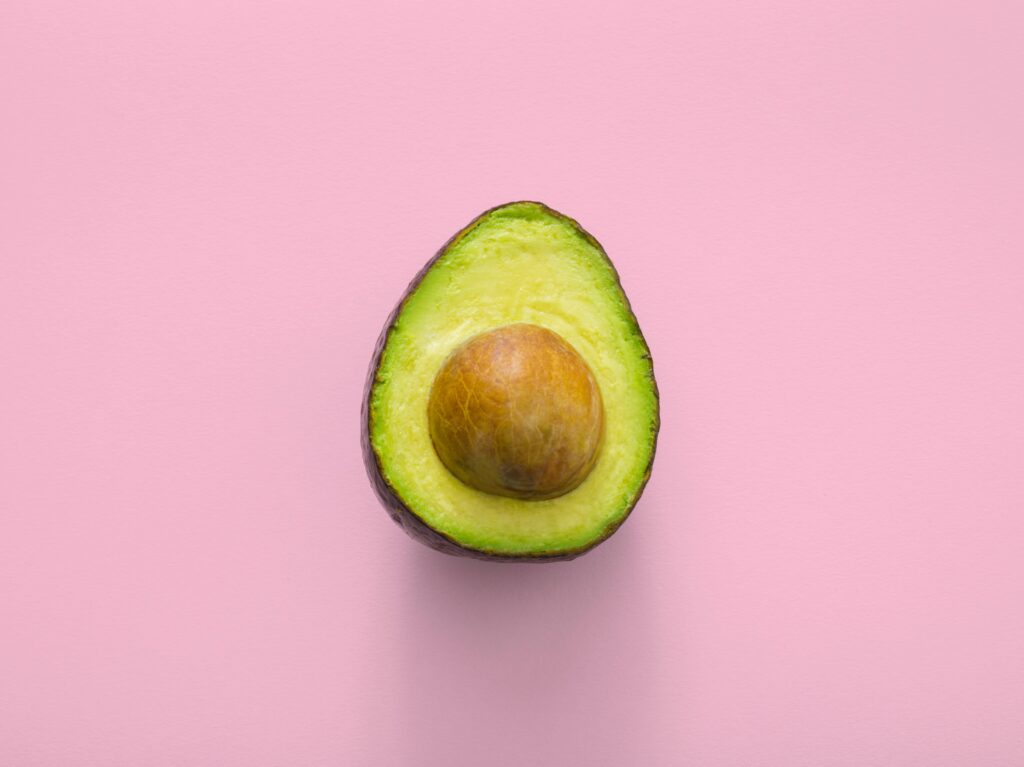
LOVE THIS RECIPE?
LET US KNOW!
i have a question about grapeseed oil.
healthy or not and is it suitable for everyday use?
also canola oil usually gmo. look for non-gmo and/organic
love your content
thx!
Hi Philippe! Thanks so much for your kind words! As it relates to grapeseed oil, you definitely should stick to other oils like olive oil, etc. on a daily basis. I like to use grapeseed oil on occasion. 🙂